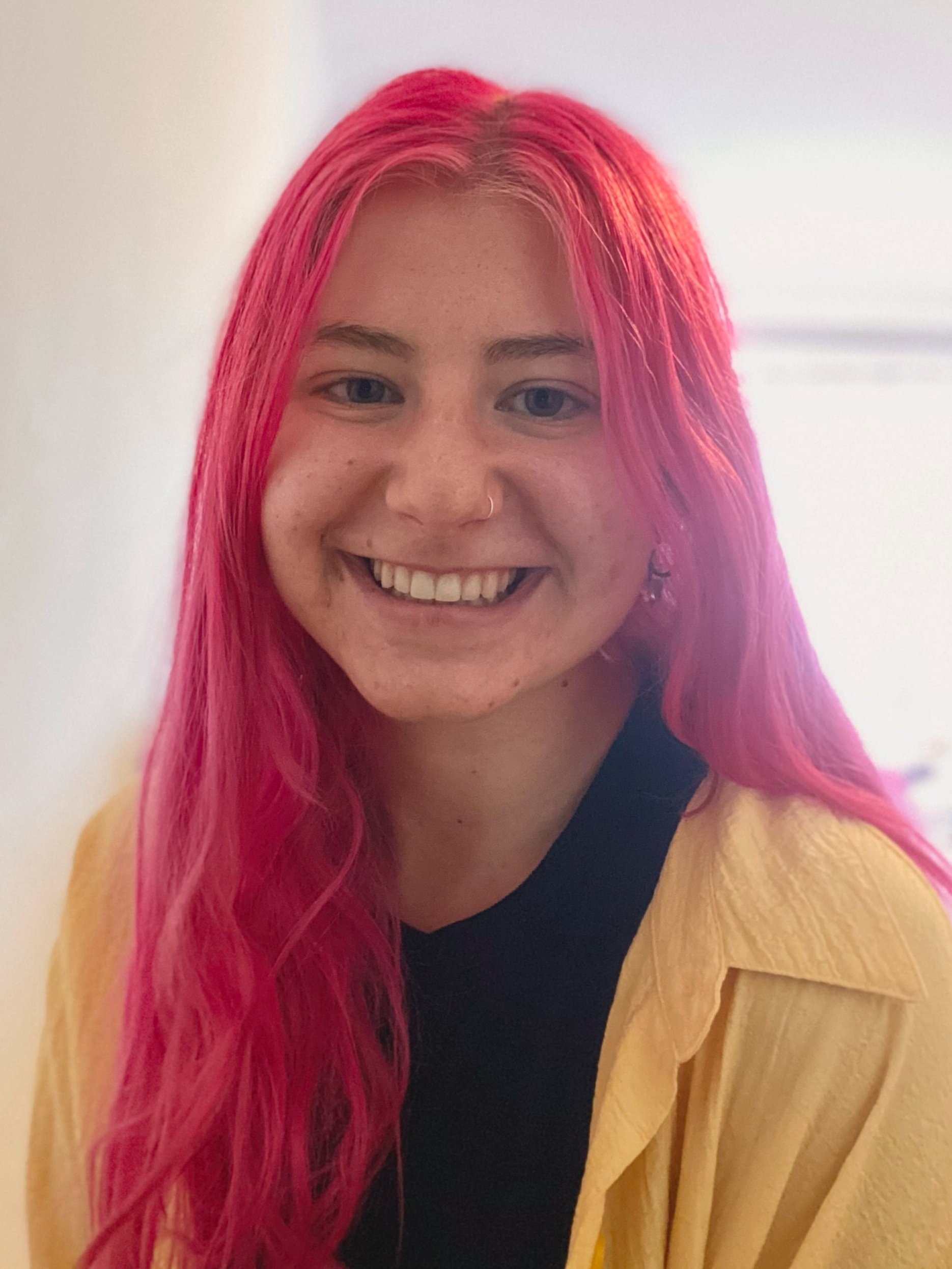Please enjoy a d’var Torah this week from Arielle Small, who will be Rosh Machon (entering 10th grade) this summer. Arielle spent seven summers at Camp Ramah in Wisconsin as a chanicha (camper), a summer in Poland and Israel on Ramah Seminar, and three summers as a madricha (counselor). She is originally from Deerfield, Illinois, but currently lives in Washington, DC where she studies Spanish, Education, and Film at American University.
Reflections on Parashat Vayikra
by Arielle Small
As campers and staff, we associate kayitz (summer) with Torah readings from the books of B’midbar and D’varim. This week’s parashah, Vayikra, is usually far from our minds when we’re tucked away in Conover. But as we read Vayikra this week, with its list of sacrifices, do we have any reasons to think about Machaneinu Ramah? I think there are more than you’d think, and that there are patterns in Vayikra that provide analogies for a summer at camp.
The parashah starts with God calling to Moses from the Ohel Moed, the tent of meeting. It is a special place, a sacred shrine. Similarly, while the definition of camp is different for each camper and staff member, it is clear that Ramah contains so many spaces that facilitate both personal and communal spiritual experiences. Everyone has something to offer, whether it be skill-based or value-based; and although camp is not the Torah and bringing in an animal would result in confiscation upon arrival, it could be said that the parts of our identity that we put forth serve as our own customized korbanot (sacrifices).
What I find fascinating about the korbanot is how multidimensional they are. Each sacrifice may serve a different purpose, whether to say you’re sorry, to show respect, or to just express gratitude for someone’s presence and to celebrate. Friendships and relationships that are born at camp involve these moments of respect, awe, apologies, and “I’m so happy to be at camp with you right now”s– they’re what serve as the backbone of those inexplicably magical camp dynamics.
Each of the korbanot are significant not only because of the moment they happen, but because of what ripples out from them after they take place. We love being at camp, and we take the experience with us back to our homes and communities. At its best, a summer at Camp Ramah can inform and infuse the other forty-four weeks of the year with even more meaning.







